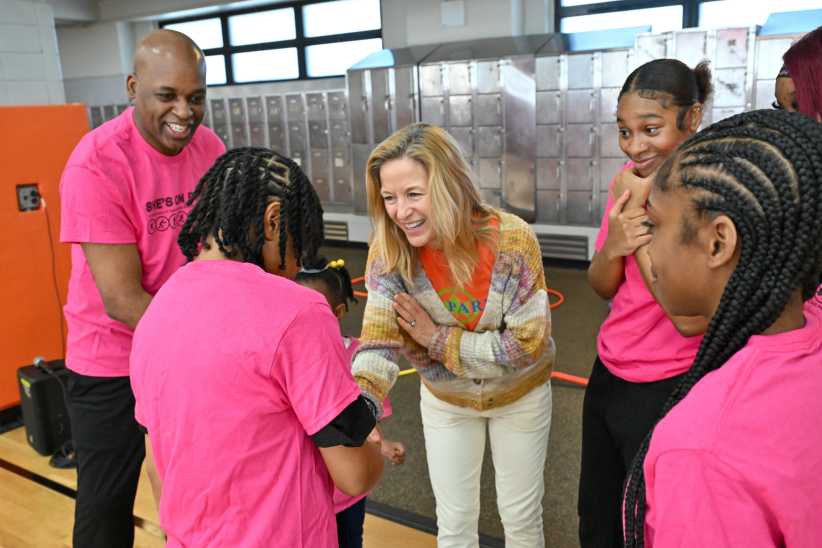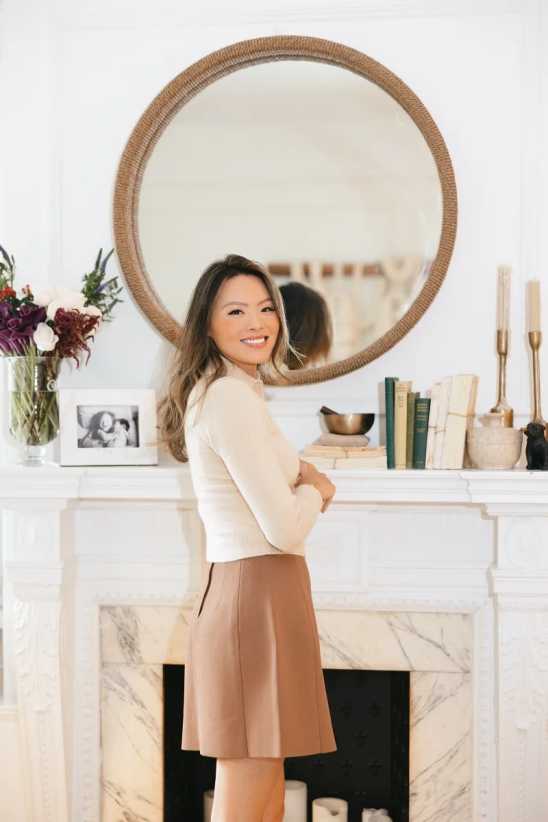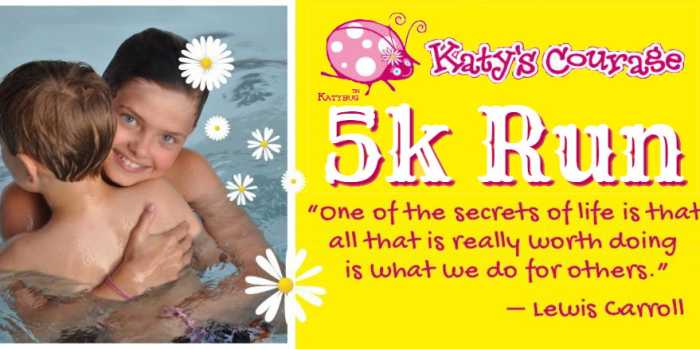The abuse and neglect case had ended, and while her abusive partner was locked away in jail, the mother had to figure out the next steps for herself and her 5-year-old. She couldn’t go back to working at her partner’s beauty salon, and the family court judge had ended her time as a recipient of child welfare. The mother turned to the Manhattan Family Justice Center (FJC), which was able to connect her with the resources and counseling to get her and her child back on their feet.

This story is just one example of the many cases that the Manhattan Family Justice Center, located in a lower Manhattan building near the New York City Supreme Court, faces on a daily basis. The domestic violence victim services agency, part of the Mayor’s Office to Combat Domestic Violence (OCDV), provides services spanning from filing petitions for orders of protection to applying for emergency housing to civil legal assistance, adult and children’s counseling, and other self-sufficiency programs to help victims of domestic abuse rebuild their lives. Across the city, the FJCs work with victims of intimate partner violence, elder abuse and sex trafficking. The Manhattan branch opened just last year—joining branches in the Bronx, Queens, Brooklyn, and a site in Staten Island slated to open in the coming months—and already has established partnerships with 20 community-based organizations and a variety of city agencies, has more than 80 staff members, and, like all Family Justice Centers throughout the city, has NYPD Domestic Violence Police Offers located on site, and is co-located with the Special Victims Bureau of the Manhattan District Attorney’s office. Across the city, the four NYC Family Justice Centers offer similar services and function as a walk-in centers for New Yorkers in need.
“What’s so exciting is that we now have a network of four—almost five—family justice centers, which is unheard of,” says Hannah Pennington, Manhattan’s FJC’s executive director. “[It’s] definitely the largest network in the world.”
Pennington, a New York mom herself to two daughters, ages 7 and 9, wears many hats as the Manhattan branch’s executive director. In her office, small stuffed animals are placed neatly on a sofa and colorful children’s books are stacked near her desk. She maintains an open-door policy, as a colleague or even client may ask for help or simply want to chat at any time.
“Any day, I could be giving a tour to a city agency, and the next minute, I could be looking at some documents for a case manager whose supervisor is off-site and needs help figuring out in the moment what to do for a walk-in client,” she says with a smile. Much of Pennington’s career has been devoted to helping victims of domestic violence: She began at Debevoise & Plimpton LLP, where she worked on many pro bono cases for domestic violence victims. Before coming to the Manhattan FJC, she directed a Bronx legal program for Sanctuary for Families, a nonprofit that serves domestic violence survivors and their children.
The prevalence of domestic violence in New York City is larger than many people realize. According to statistics from the OCDV, last year there were over 54,600 client visits to the New York City Family Justice Centers (marking a 22.3 percent increase from 2013), and more than 282,000 domestic incident reports were filed by NYPD, which means that NYPD officers responded to more than 700 domestic incidents per day. There were 63 family-related homicides.
At the Family Justice Center, services are available to anyone regardless of race, gender, immigration status, or income. According to Pennington, while it’s not surprising that most clients are female, men may find it harder to come forward to report abuse. At the Manhattan FJC, 60 percent of clients have children, and 43 percent of clients receive public benefits. In addition, services are highly personalized to each client and meant to be convenient and accessible. “If they were downtown, they can come to the Family Justice Center for counseling, but they live in another borough, we can accommodate that,” Pennington says.
Upon entering the Manhattan FJC, visitors are greeted by friendly staff members. Past the main glass doors lies the family hospitality suite, filled with comfy couches, a children’s playroom, a kitchen, and computers in the back. A small, red stand offers free picture books to take home. The environment is both comfortable and friendly, providing families with a welcoming space where they can decompress as in between various services.
Clients first meet with a screener who assesses the client’s needs. Often, in addition to dealing with domestic violence, clients face a host of other issues, such a need for safe shelter, protection from an abusive spouse, or job or financial insecurity. The screener will then match the client with a case manager who will connect him or her to other onsite resources. In addition to case management, services include civil legal assistance in a variety of areas like immigration, family law, housing, and matrimonial law, as well as clinical services, including individual and group and adult and children’s counseling. The FJC is not only committed to solving the client’s immediate logistical issues, but also to helping him or her work toward stability and independence. Self-sufficiency programs include financial literacy and computer classes as well assistance in obtaining public benefits and job development. On the afternoon of our interview, the Manhattan FJC was holding a training session in dealing with identity theft, which happens when a victim’s partner racks up credit card debt in the victim’s name, which can block the client’s access to affordable housing.
“It’s a really holistic, one-stop shop—we can do a lot here, and if we can’t do it here, we are connecting people elsewhere to get that help,” Pennington says.
In 2005, the first Manhattan Family Justice Center opened in Brooklyn to address the needs of victims of intimate partner violence and their children. While adults share their stories with case managers in the office, kids can enjoy being kids in the Center’s children’s playroom. Inside its glass walls decorated with art projects, kids can use tiny tables with jars of markers and pencils, shelves of board games, and a kitchen play set. It’s a space where kids can relax and play, create, or simply take a quiet moment.
“There is a lot of correlation between child abuse and intimate partner violence,” Pennington says. “But even witnessing domestic violence, as you can imagine, seeing your caretaker be abused by another person can be incredibly damaging to children.” While children are playing, staff members, trained in therapeutic child care, try to identify the needs of children who may not explicitly express themselves to adults, but may confide in the children’s counselors or express their feelings through art. “Children are incredibly resilient, and there’s a lot of evidence-based intervention so that you get in with the child after a traumatic incident, and you can help them process that,” Pennington says. “It literally makes all the difference in the world in terms of trauma actually dissipating…quickly in children so that they can move forward.” Other family events at the Center include story times and family-style meals every Wednesday evening.
While the FJC offers a huge range of resources, its biggest challenge continues to be spreading awareness of all that the Centers have to offer. Many people feel too scared or humiliated to come forward, which is why outreach programs are vital.
“It doesn’t matter where you are in the city, this issue bleeds through every community, every part of our city, and so we try to be everywhere,” Pennington says. Last year, the Mayor’s Office to Combat Domestic Violence participated in over 900 outreach events including domestic violence trainings, presentations at community boards and precinct council meetings, passing out materials at transit hubs and beauty salons, and maintaining relationships with community partners. The Mayor’s Office to Combat Domestic Violence also operates the NYC Healthy Relationship Academy to give information about dating violence and provide tools to develop healthy relationships. Peer educators from the Academy, ages 17-24, lead workshops with youth, parents, and staff working with youth at various settings throughout NYC, including schools, colleges, and community youth programs. While the outreach is enormous, many cases still go unreported.
While a client’s case eventually comes to a close, the relationship between the client and FJC never has to be over. “We keep in touch with our clients as long as they want us to be and we are always available,” Pennington says. On average, a client will visit a Family Justice Center around six or seven times over the course of their case. Client progress is widely shared and celebrated: A “success stories” board filled with inspirational messages from clients hangs on the wall just past the lobby of the Manhattan FJC. When a client calls to update the center with good news, the moment becomes the “most tearful on all fronts” for not only the client, but also the center and staff, Pennington says. Many of these clients never believed help was possible, and are deeply grateful for the way the Center has empowered them.
“We really have an opportunity to help them and really have the experience be transformative—that’s the ultimate goal,” Pennington says.
Though Pennington has been doing this work for a long time, often she still has to take a step back to process the large volume of cases brought to the Center, especially as a mother herself. Though the issues FJC clients face are incredibly difficult, Pennington makes a point of occasionally bringing her children to the center. “I want them to be as safe and healthy in their relationships,” Pennington says, with a pause. “I hope it will make them better understand the needs of people who are less fortunate than they are, and that we need to all help each other.”
To learn more about the NYC Family Justice Centers, visit nyc.gov!






















